5 Freedoms for happy and healthy dog and cats
The 5 Freedoms have been the basis of animal welfare since the 1960s.
These standards were designed to ensure that we, as humans, meet the mental and physical needs of animals in our care.
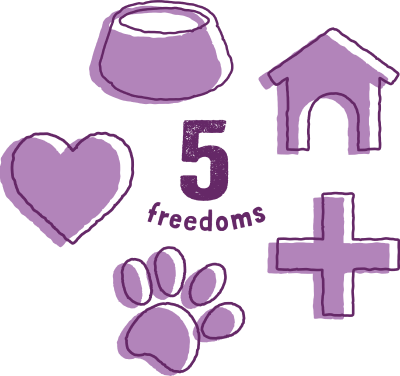
The Foundation’s mission and goals are underpinned by this set of internationally recognised standards.

Freedom from hunger and thirst
by ready access to fresh water and diet to maintain health and vigour.
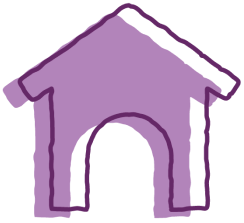
Freedom from discomfort
by providing an appropriate environment, including shelter and a comfortable resting area.

Freedom from pain, injury and disease
by prevention or rapid diagnosis and treatment.

Freedom to express normal behaviour
by providing sufficient space, proper facilities, and company of the animal’s own kind.

Freedom from fear and distress
by ensuring conditions and treatment which avoid mental suffering.
Let’s take a closer look
 Freedom from hunger and thirst
Freedom from hunger and thirst
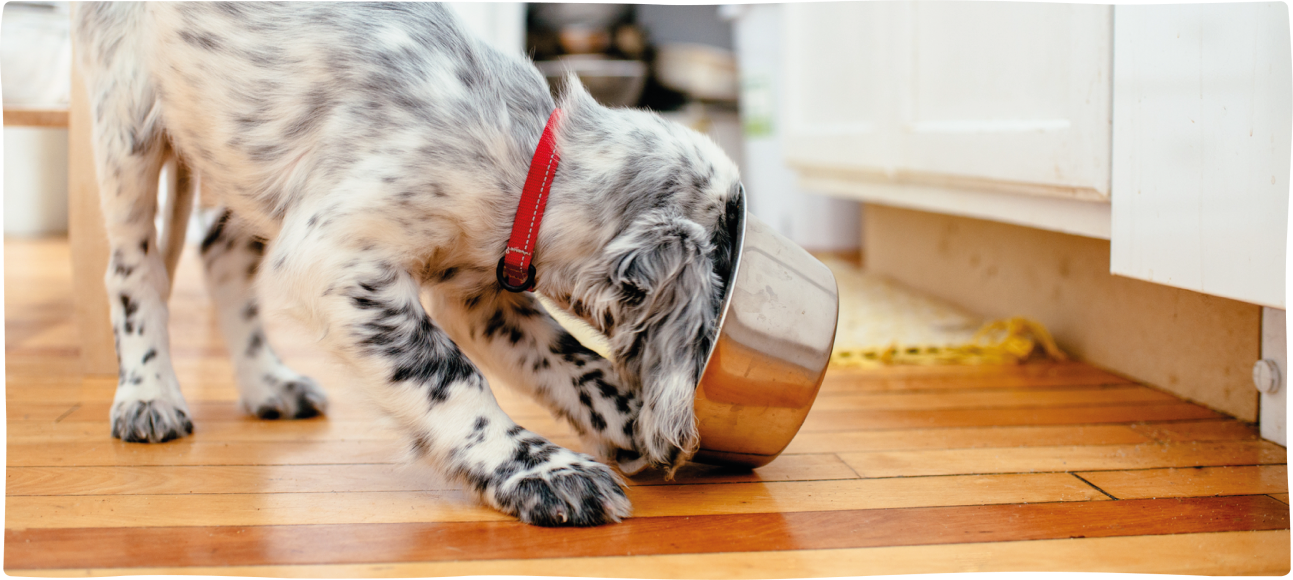
by ready access to fresh water and diet to maintain health and vigour.
Cats and dogs have different nutritional needs. Cats need a higher percentage of meat in their diets than dogs to stay healthy. Cats also prefer to consume their calories by eating small meals several times a day. In comparison, dogs need to eat at least once a day, although two meals are usually recommended.

 Freedom from discomfort
Freedom from discomfort
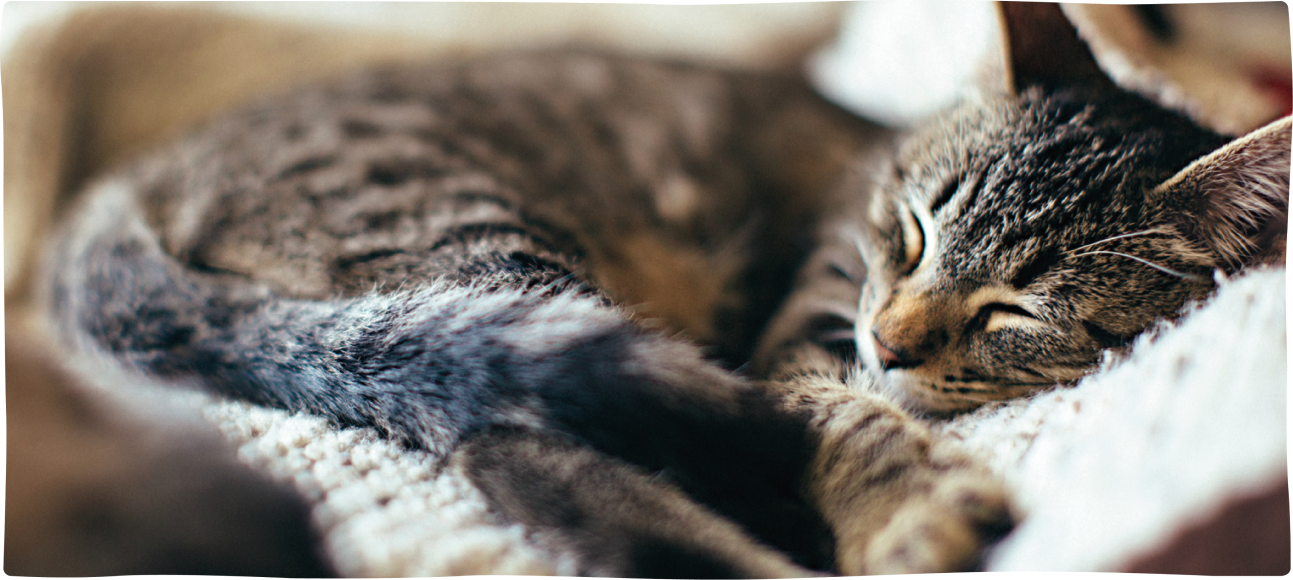
by providing an appropriate environment including shelter and a comfortable resting area.
Both cats and dogs need a place to hide, but their preferences differ. A cat feels safer when they can rest on an elevated surface, and they love to have something to hide inside of. In comparison, a dog is happiest with their own bed – on the floor – either in a corner or a safe, quiet place. Cats and dogs should not be routinely kept in a cage.

 Freedom from pain, injury or disease
Freedom from pain, injury or disease
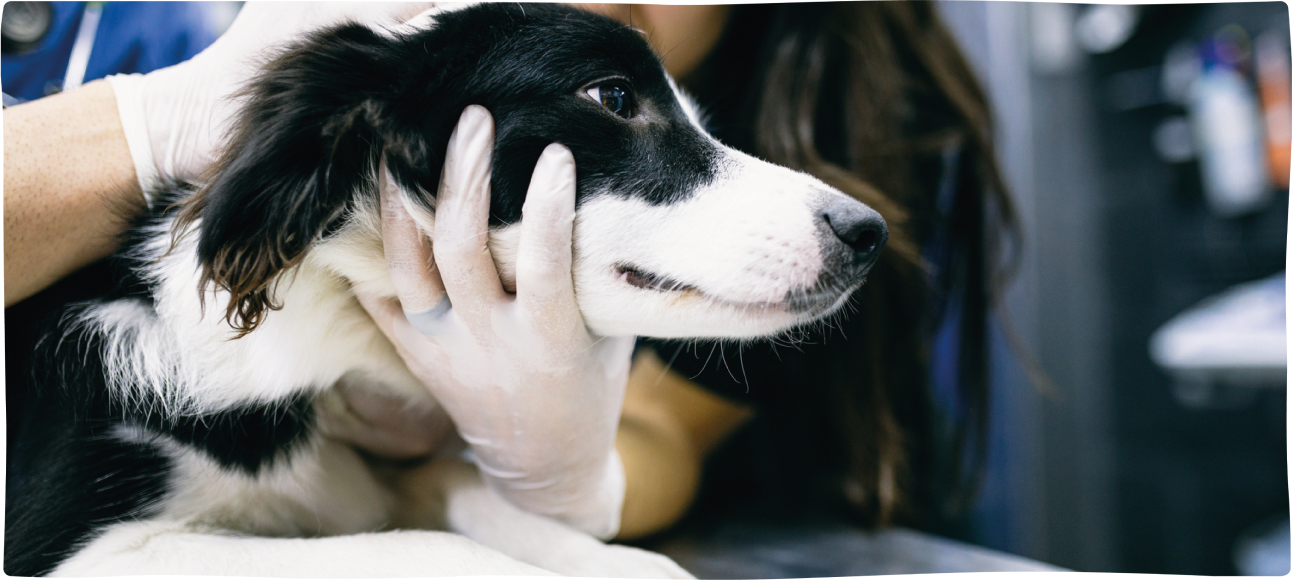
by prevention or rapid diagnosis and treatment.
Protecting your pet’s health requires close, regular attention. For dogs, it’s important to check their coat and groom it if necessary. Cats spend over 90% of their day grooming, but it is still good practice to check their coat from time to time. You can also feel your cat’s body shape to check they’re a healthy size under all that fur.

 Freedom to express normal behaviour
Freedom to express normal behaviour
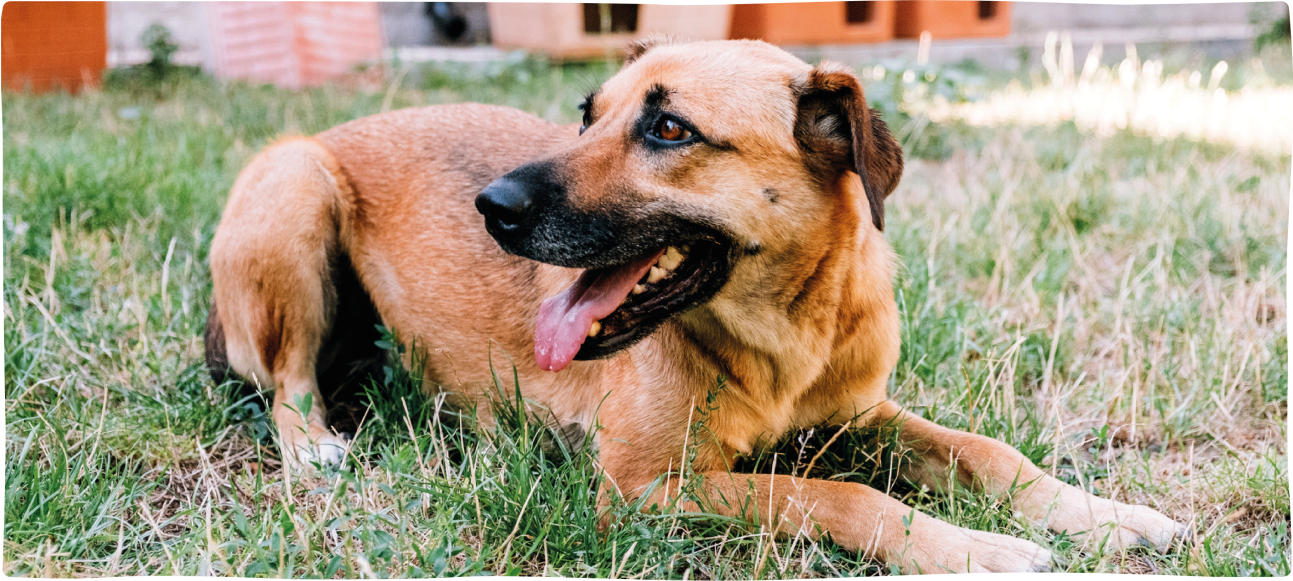
by providing sufficient space, proper facilities, and company of the animal’s own kind.
It’ll come as no surprise that dogs and cats have different behavioural needs. Cats need somewhere to scratch so it’s a good idea to get them a sturdy scratching post – it’ll work out better for your sofa too. If you have more than one dog, keep them together for company if possible but bear in mind they will also need space for themselves. Dogs will need behavioural training from a young age, whereas cats are mostly fine on their own.

 Freedom from fear and distress
Freedom from fear and distress
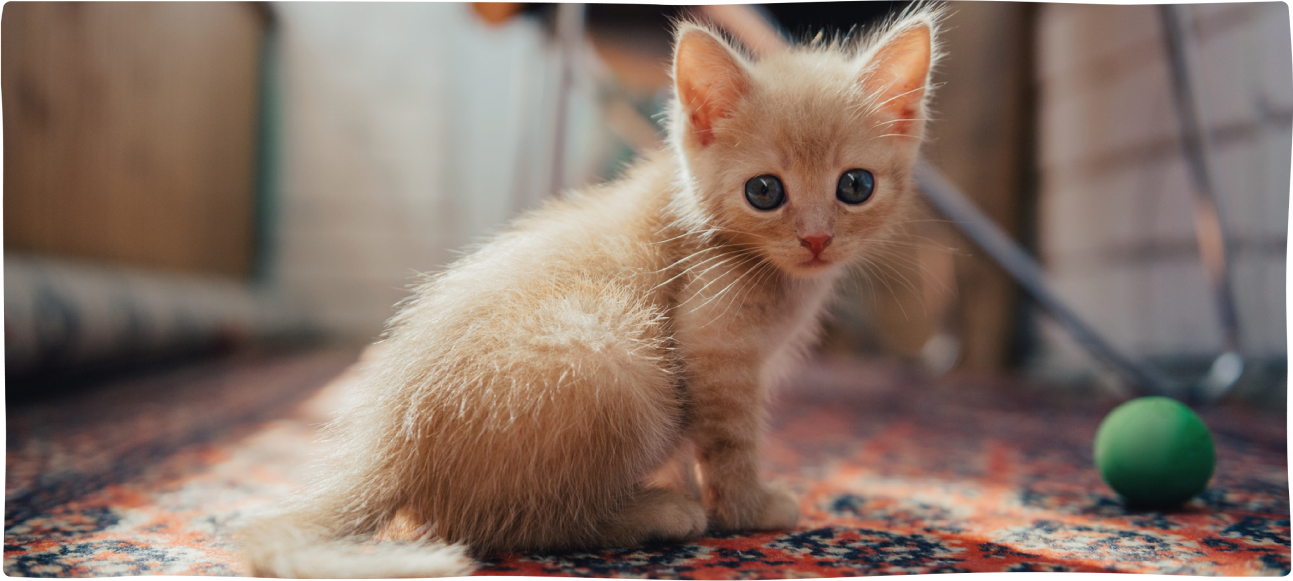
by ensuring conditions and treatment which avoid mental suffering.
Make sure your dog is never left alone long enough to become distressed. If your cat is not a fan of people, don’t force them to interact with you or anybody else. Most cats love to play, but they need an even gentler approach than dogs.

